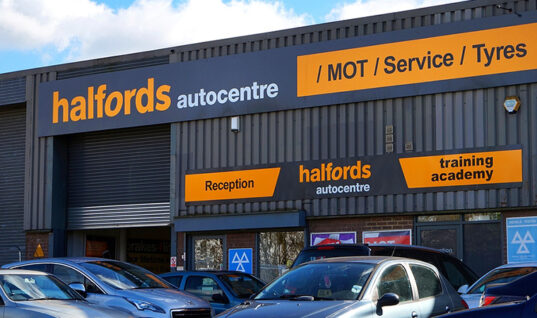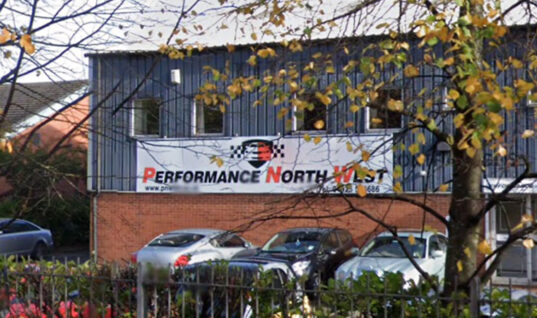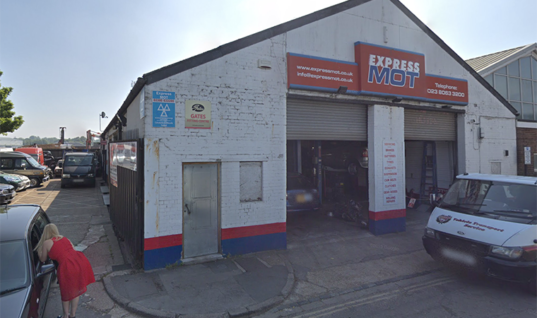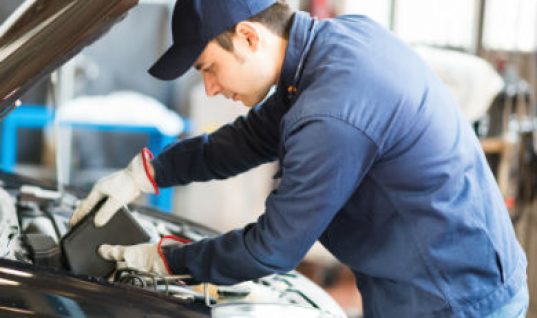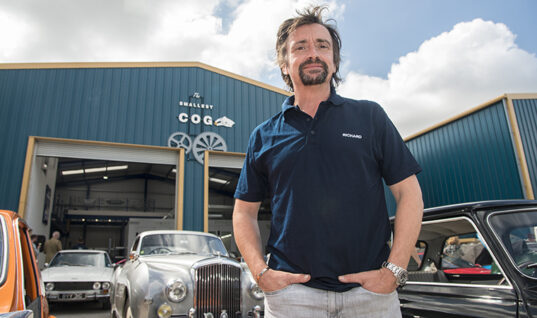With manufacturers set to dramatically increase production of hybrid and electric vehicles over the coming decade, Euro Car Parts says that it is surprising that many garages have neither the skills or tools to safely service them.
Adam White, director of Workshop Solutions at Euro Car Parts, offered his advice on how technicians and workshop managers can catch up.
He said: “The biggest threat to the independent aftermarket is also its greatest opportunity.
“Opportunity”
“The greatest risk during this period of transition is that independent workshops slip behind, and customers have no option but to service their vehicles at main dealers.
“While we see some switched-on garages and younger technicians getting involved with hybrid and EV training, we have a significant amount of data showing a serious industry-wide deficiency in hybrid and EV knowledge and skills.”
White suggests the numbers tell a different story: industry predictions suggest a short-sighted approach to the hybrid and EV market may be damaging to workshops in the long term.
Volvo Cars recently signed a multi-billion-dollar battery deal through to 2025, which means that by 2025 half of Volvo’s global sales, some 500,000 vehicles, will be fully electric.
At the start of this year, Ford announced a $15 billion investment and 40 electrified vehicle models by 2022, and BMW Group also plans to offer 12 full-electric models by 2025.
The list demonstrates that vehicle manufacturers are investing heavily in hybrid and battery electric vehicle technology and it is time to follow suit.
While optimistic about the aftermarket’s ability to adapt, White cautions workshops to approach the opportunity with the right frame of mind and an awareness of the dangers involved with high-voltage systems.
Safety training is critical
While the risks of working with hybrid and EV vehicles can be safely mitigated, much like conventional vehicles, safety training is critical.
For those wishing to test the waters, he points out that technicians can be taught how to make the vehicle safe, without the more intensive training on servicing the actual high voltage system.
This means if a workshop has one or two technicians who can isolate the vehicle, the rest of the team can safely work on other systems like steering and suspension or air conditioning.
“Many workshops are turning away hybrid vehicles, even when the problem is unrelated to the high-voltage system,” explains White.
“While this approach may be sustainable now, we’re at the turning point.
“Even if workshops aren’t willing to completely commit, having a few staff qualified to make the vehicle safe opens other servicing opportunities.
“Those who start working on hybrid and electric vehicles now will be ahead of the curve, gaining customers, experience and a reputation for the work.
“It could be a make or break difference in the coming decade.”
White explains the Auto Education Academy, Euro Car Parts dedicated training platform offers several appropriate courses, including GED 13 – an IMI Level 2 Award in Hybrid Electric Vehicle Operation and Maintenance.
The course teaches technicians how to maintain and repair hybrid vehicles but not the hybrid or electric powertrain itself.
Technicians learn about the dangers of high-voltage systems and the differences between HEV, PHEV, EREV and EV, as well covering the various approaches used by manufacturers to power down the high-voltage system and the safety equipment required.
For those looking to repair and replace hybrid vehicle parts, a more detailed and comprehensive course is required.
Skills and knowledge
GED 14 is an IMI Level 3 Award in Hybrid Vehicle System Repair and Replacement, giving technicians the skills and knowledge to effectively service and repair EV and hybrid systems.
This course lays the foundation for further advanced training.
Both courses can be booked through Auto Education Academy: it’s free to join, and repairers can log in to their own skills portal to view the content of more than 75 different courses.
Users can also assess their strengths and identify weaknesses in nine key areas: petrol engines, diesel engines, engine management and emissions, vehicle electronics, air-conditioning, brakes, powertrain, tyres, steering and suspension, as well as hybrid and electric cars.
Results are automatically added to an interactive skills diagram; which technicians can compare with the national average to gauge where they stand.
“Users can see for themselves the serious hybrid and EV knowledge deficiency that exists within the UK,” explains White.
“Anyone can go online and complete the skills overview; it’s a great way to understand your personal strengths and weaknesses.
“It can be a useful tool for managers looking to assess the core competencies of their staff or potential new hires.
“The data we have suggests knowledge about hybrid and electric vehicles lags far behind other core areas, a growing concern we hope to change.”
If a workshop has questions about hybrid or electric vehicles, White notes the programme features a technical helpline.
Accessible online or over the phone, it provides fast responses to troubleshooting, repair, diagnostics and technical information queries on any vehicle, from any manufacturer.
Workshop Solutions offers four safety equipment packages for workshops working with electrified vehicles: workshop pack, vehicle safety pack, personnel safety pack and safety tools pack.
There is also a hybrid master safety pack (£1099), which includes all four of the above.
“I can understand the trepidation and hesitation we are seeing across the aftermarket” concludes White.
“Repairers are focused on looking after their current clients and building a business around what they know.
“However, things are changing, and we have a widening gap between vehicle technology and skills within the aftermarket.
“We need to address this shortfall and capitalise on the opportunity hybrid and electric vehicles present to the independent aftermarket.”
For further information, click the ‘more details’ link below.


